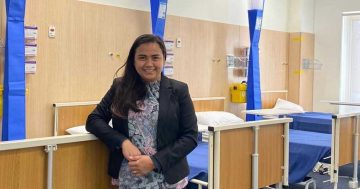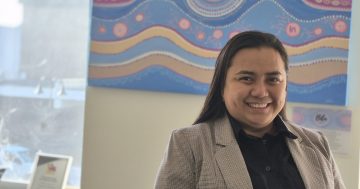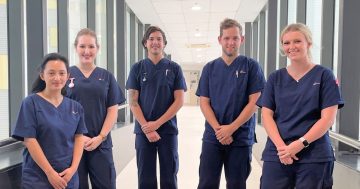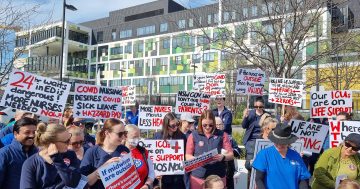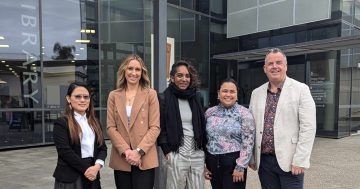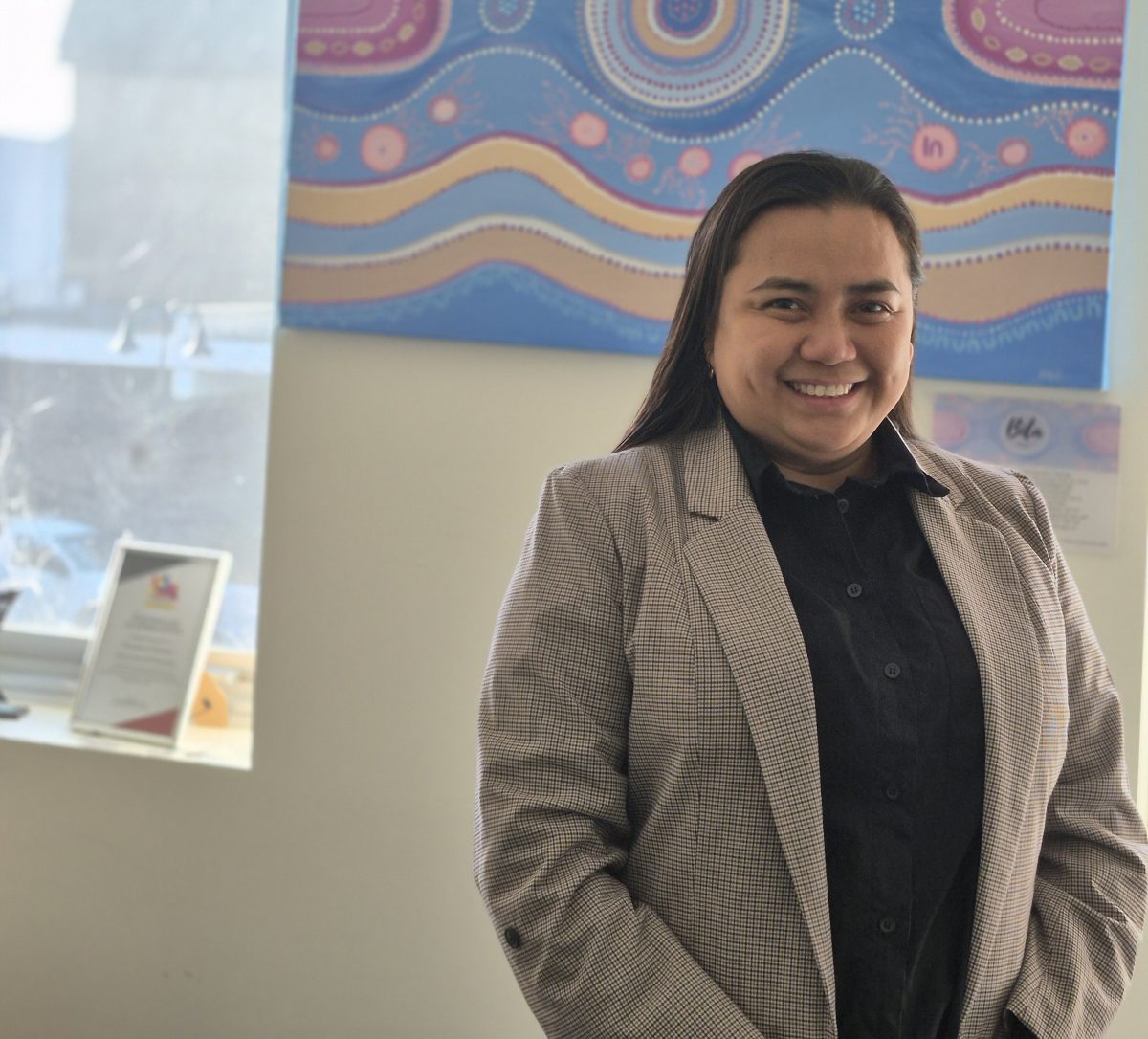
Wagga Councillor and nurse educator Karissa Subedi’s work with NETA takes her to many parts of Australia. Photo: Supplied.
Australia is facing a shortfall of more than 70,000 nurses in the next decade, and a Wagga nurse educator believes that recruiting qualified staff from overseas may help address this.
A study comparing the supply and demand across all sectors showed an undersupply of 70,707 nurses over the next decade, with around 79,473 needed to fill this gap.
Wagga Councillor and nurse educator Karissa Subedi thinks there aren’t enough nursing graduates to fill this gap, and Australia needs to consider recruiting qualified nurses from overseas.
Her work with the College of Nursing Education and Training Australia (NETA) takes her to different parts of Australia to provide overseas nurses stationed there with training to better support the nation’s ageing and growing population.
While NETA provides training for the nurses-to-be to obtain Australian Health Practitioner Regulation Agency (AHPRA) registration, it is still up to the employers to perform the necessary checks and interviews.
To be registered with AHPRA, health practitioners must demonstrate competency and compliance with ethical care, and will need to renew their registration yearly.
“We’re a growing population,” Cr Subedi said. “I think nursing is actually a calling. Those who naturally care for a person should do the job.
“It’s not only giving medications, it’s actually touching your patient and asking how they really are feeling.”
Recent data points to the continued growth in the number of older Australians, with the population aged 85 and above set to double by 2042 as a result of declining fertility rates and increasing life expectancy.
Regional towns like Wagga will be disproportionately affected by this shortage, according to a Wagga nurse.
In a report by the national peak body for aged care, Ageing Australia, 70 per cent of aged-care providers were concerned about the nation’s readiness to support a growing and ageing population.
“The college is here to be able to upskill not just overseas nurses, but those who are working in aged care or those who are already nurses,” Cr Subedi said.
“If they need first-aid medication administration, manual handling, we do all those courses as well.”
Traditional Asian cultures place heavy emphasis on community and filial piety, a trait Cr Subedi believes draws nurses from these backgrounds into this industry.
“We’re caring, especially to the elderly families. I think it’s just natural that we look after the elderly people,” she said.
“In fact, a lot of them like to be in aged care. So aged care is setting new nurses for success as well, because then they learn the foundational nursing care.
“When we talk about foundation nursing care, it is also best learned in an aged care and hospital environment.
“But the hospital environment is just very fast-paced because patients are acute, so they’re more sick, and you need to get things done quickly because of emergencies and things like that.
“So it’s a different type of learning, and it really depends on what a nurse would like to do, whether they want to learn in a fast-paced environment, or they want to learn in a more consistent environment, which is aged care.”
However, nursing staff are growing increasingly dissatisfied over the state of the industry, with some reportedly working excessive hours.
Despite that, Cr Subedi thinks taking a few minutes to put a smile on patients’ faces makes a 12-hour shift worthwhile.
“Nursing is not only giving medications, it’s actually physical contact,” she said.
“There’s so many things you can do with touching, in a nursing sense, when you go, ‘How are you?’ and you’re touching the patient, you’re actually feeling if they’re warm, how’s their pulse rate.
“Patients are not only physically sick, they’re also worried.
“Not knowing a diagnosis or whether or not they can cope with the illness is causing anxiety, so by merely staying with them, reassuring them and giving them your smile, you might make someone’s day.
“Giving medication is essential, but the non-technical skills are equally important.”








